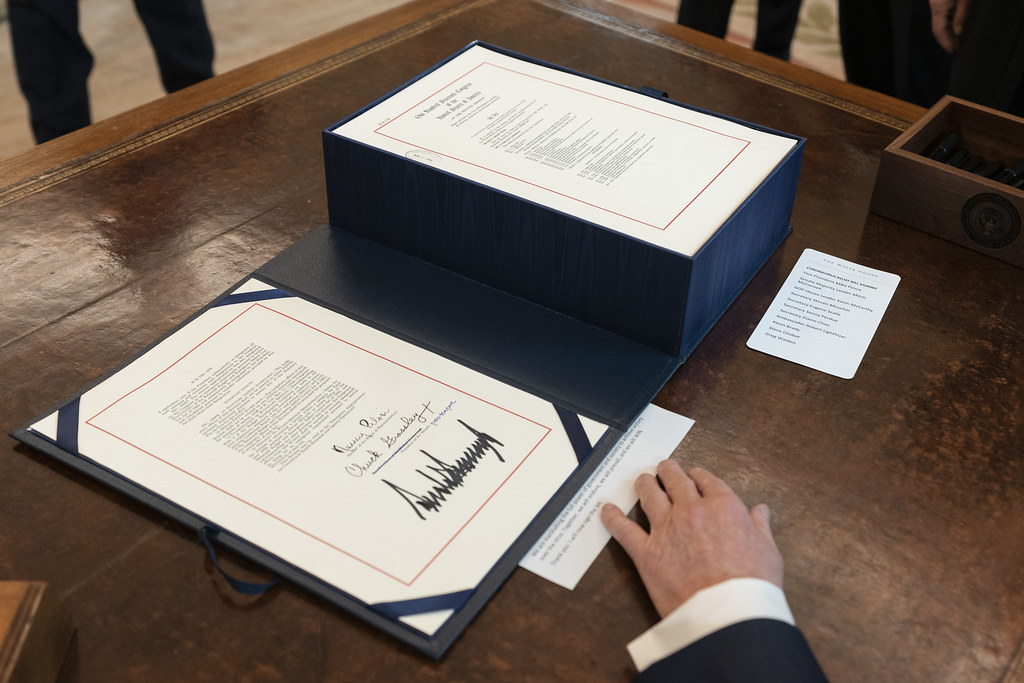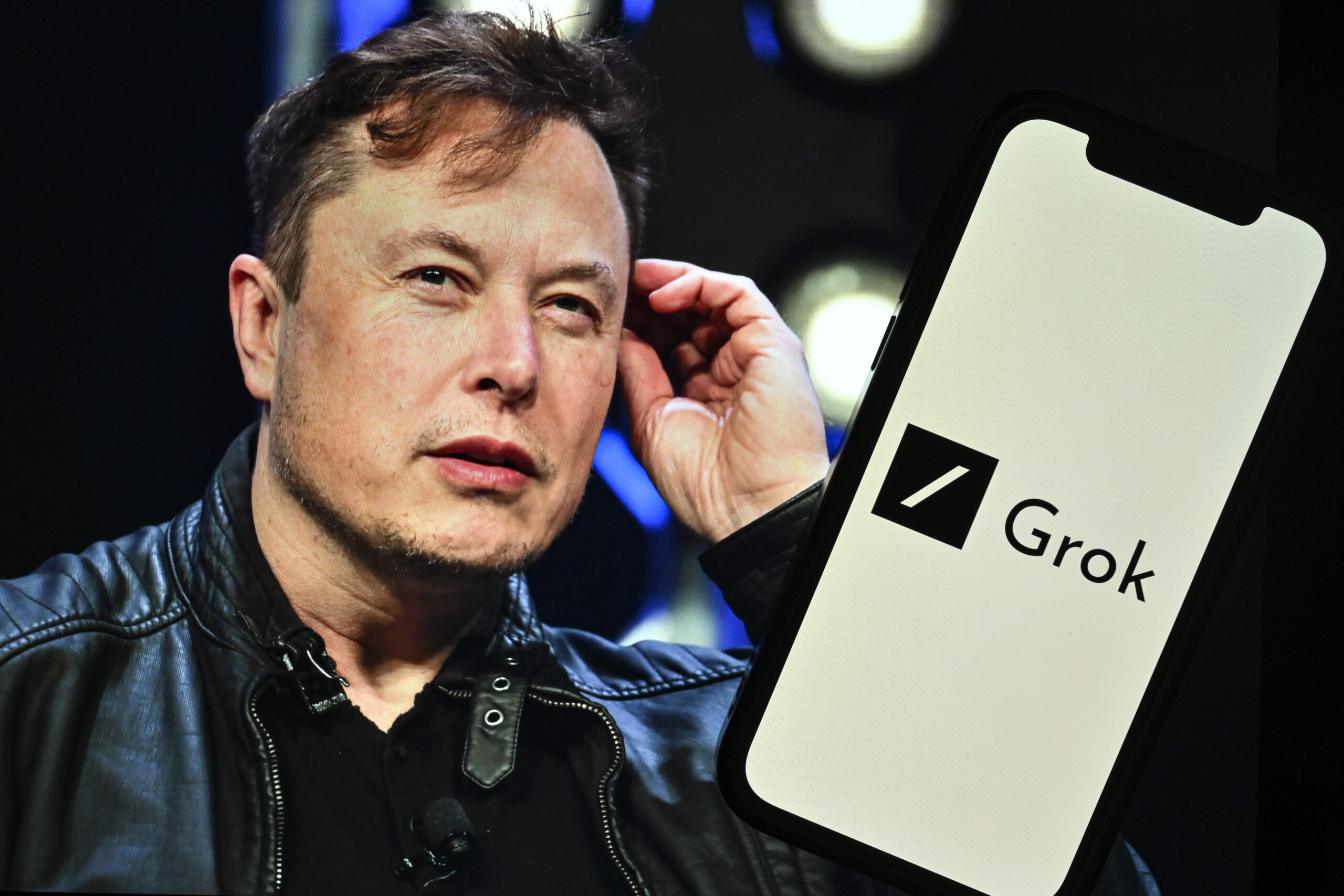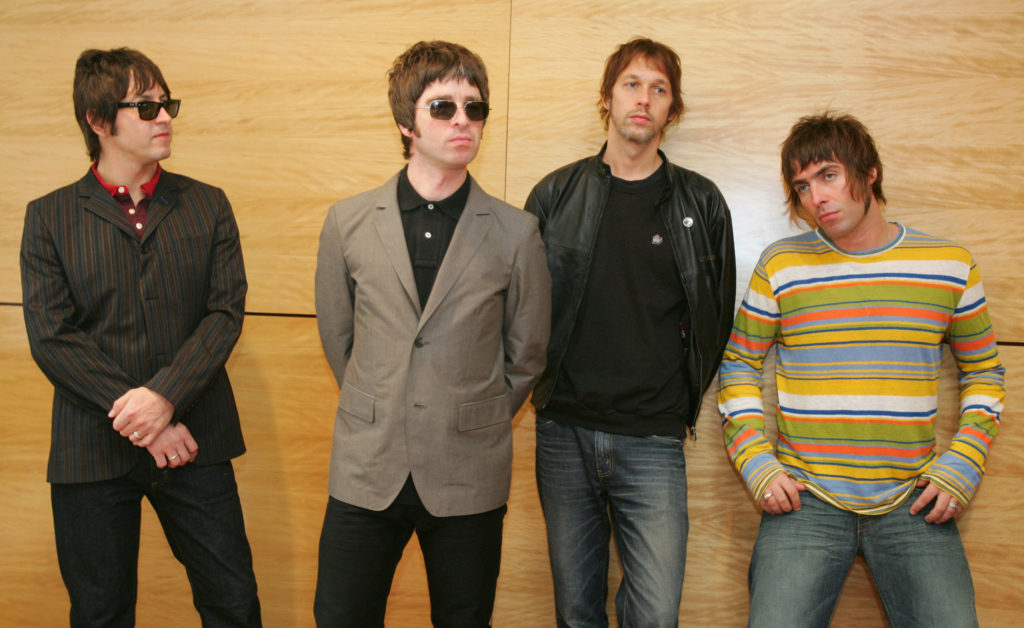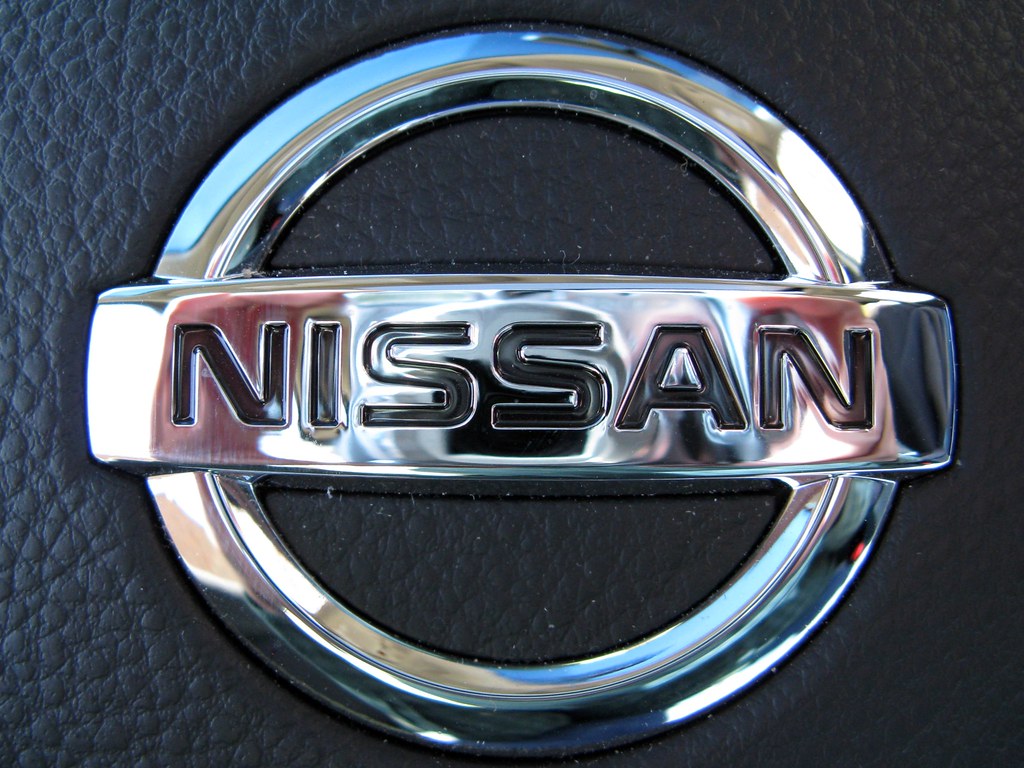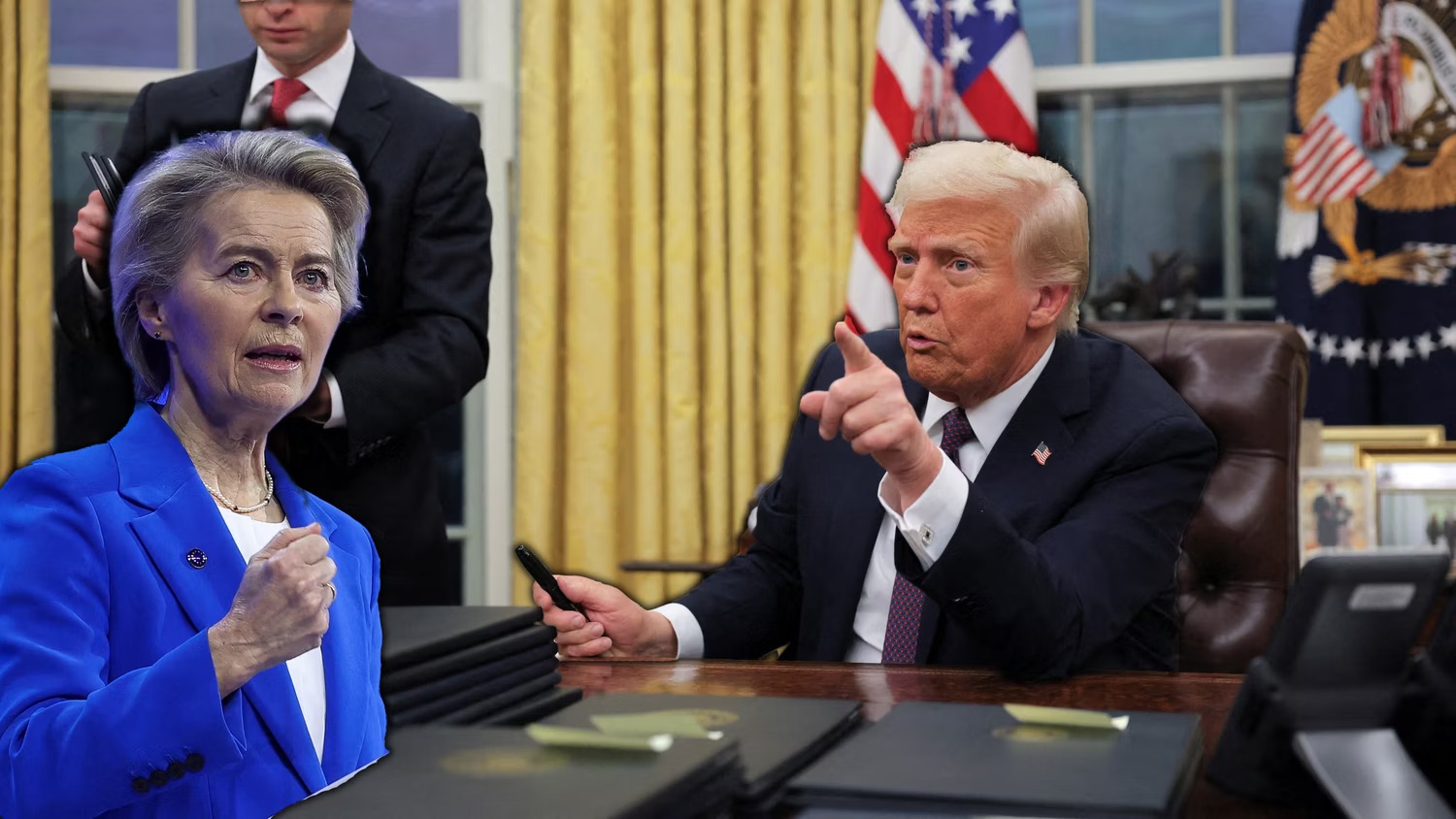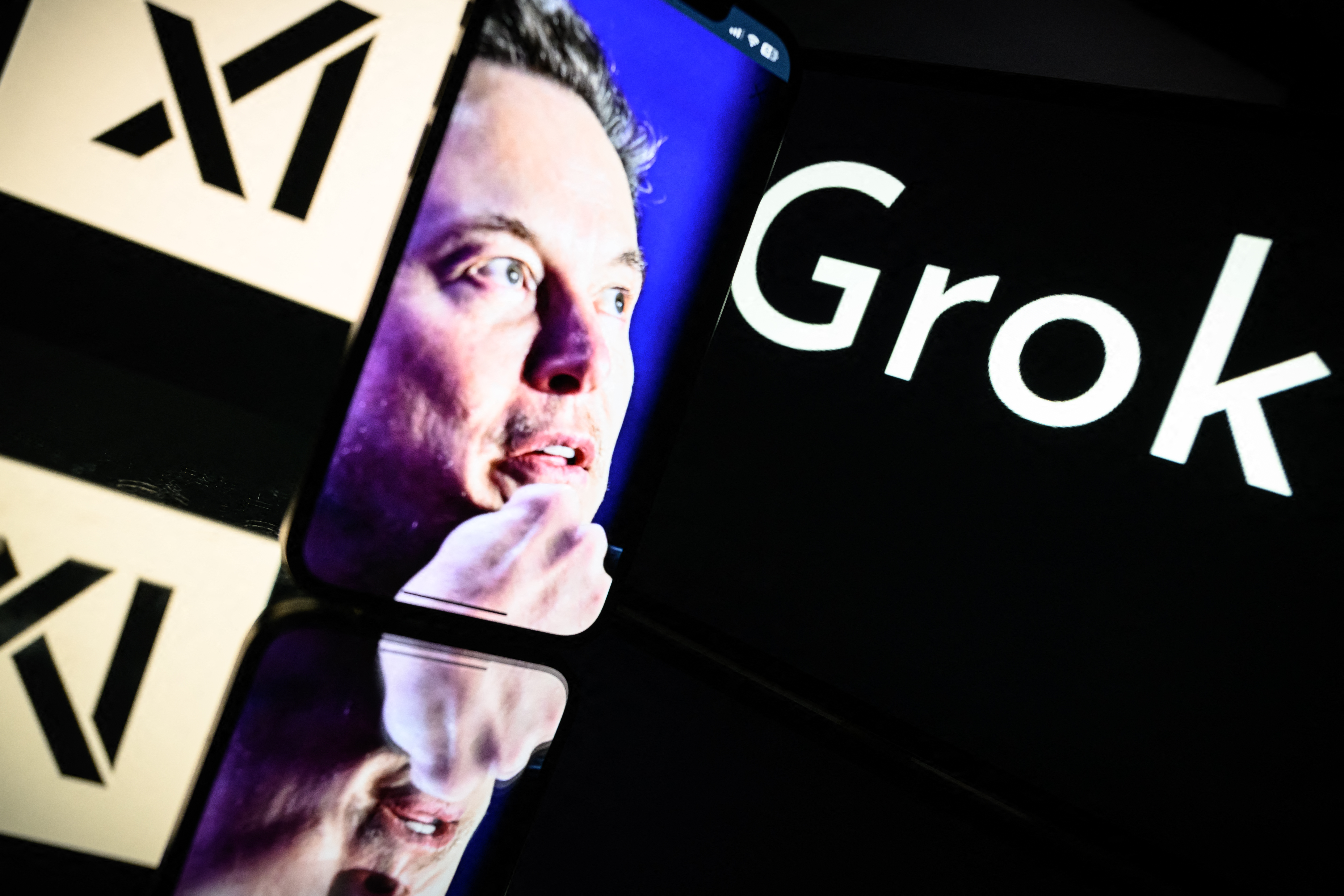The UK government plans to investigate Ticketmaster’s dynamic pricing model after widespread chaos and frustration during the recent sale of Oasis reunion tour tickets. The move aims to address concerns about inflated ticket prices and to develop a fairer system for consumers.
Over the weekend, Oasis fans faced lengthy wait times and significant price hikes when trying to purchase tickets. Some ticket prices surged from £135 to £337.50 ($177 to $444), leaving buyers with mere seconds to decide whether to proceed with the purchase. Many fans were unable to secure tickets before they sold out, prompting some to turn to resale platforms where tickets are listed for nearly $8,000.
The controversy drew the attention of Lisa Nandy, the UK’s culture secretary, who expressed concern about ordinary fans being priced out of enjoying live music events. Nandy stated that the government would examine the transparency and implications of dynamic pricing, along with queueing system technologies that may encourage such practices. This issue will be part of a broader consultation on consumer protections for ticket resales, which will involve collaboration with artists, the music industry, and fans to promote fairer ticket pricing.
The Labour Party, prior to winning the July general election, had pledged to introduce caps on resale ticket prices for music and sports events. The government’s upcoming consultation on the secondary-ticket market, scheduled for this fall, will now also include the topic of dynamic pricing.
Artists Influence Ticket Pricing Strategies
Ticketmaster, while central to the controversy, has stated that pricing decisions are made by event organizers and not by the company itself. Some artists, such as Taylor Swift, Ed Sheeran, and The Cure, have opted out of using dynamic pricing, whereas others, like Bruce Springsteen, have chosen to implement it.
Ticketmaster is also under scrutiny in the United States. In May, the Department of Justice and several state attorneys general filed an antitrust lawsuit against Ticketmaster’s parent company, Live Nation, alleging it holds a monopoly over the live entertainment sector.


